Embracing Integrative Medicine for Seniors
Embracing Integrative Medicine for Seniors

As our population ages, the importance of effective healthcare solutions for seniors has never been greater. Integrative medicine, which combines conventional medical practices with alternative therapies, is emerging as a holistic approach to address the unique health challenges faced by seniors. This blog explores how integrative medicine is bridging the gap between traditional and alternative care, offering a comprehensive pathway to better health and wellness for our elderly loved ones.
The Holistic Approach of Integrative Medicine
Integrative medicine focuses on treating the whole person rather than just the symptoms of a disease. For seniors, this means addressing physical, emotional, mental, and even spiritual health. By incorporating practices such as acupuncture, yoga, meditation, and herbal remedies alongside conventional treatments, integrative medicine provides a more personalized and holistic care plan.
Benefits for Seniors
- Pain Management: Many seniors suffer from chronic pain due to arthritis, osteoporosis, or other conditions. Integrative therapies like acupuncture, massage, and tai chi can help alleviate pain and improve mobility.
- Mental Health: Depression and anxiety are common among the elderly. Mindfulness practices, meditation, and counseling can significantly enhance mental well-being.
- Enhanced Quality of Life: Integrative medicine promotes overall wellness, helping seniors lead more active and fulfilling lives. Nutritional guidance and physical activity programs tailored to individual needs can boost energy levels and improve overall health.
Case Studies and Success Stories
Several studies have highlighted the effectiveness of integrative medicine for seniors. For example, a study published in the Journal of the American Geriatrics Society found that seniors who participated in a 12-week tai chi program experienced significant reductions in pain and improvements in balance and overall physical function. Another success story involves a senior living community that integrated yoga and meditation into their routine, leading to enhanced mental clarity and emotional stability among residents.
How to Get Started with Integrative Medicine
If you or a loved one is considering integrative medicine, it's essential to consult with healthcare providers to develop a customized care plan. Many hospitals and clinics now offer integrative medicine programs, making it easier to find qualified practitioners.
Conclusion
Integrative medicine offers a promising bridge between conventional and alternative care, providing seniors with a comprehensive and holistic approach to health. By embracing this model, we can enhance the well-being and quality of life for our elderly population, ensuring they receive the compassionate and effective care they deserve.










